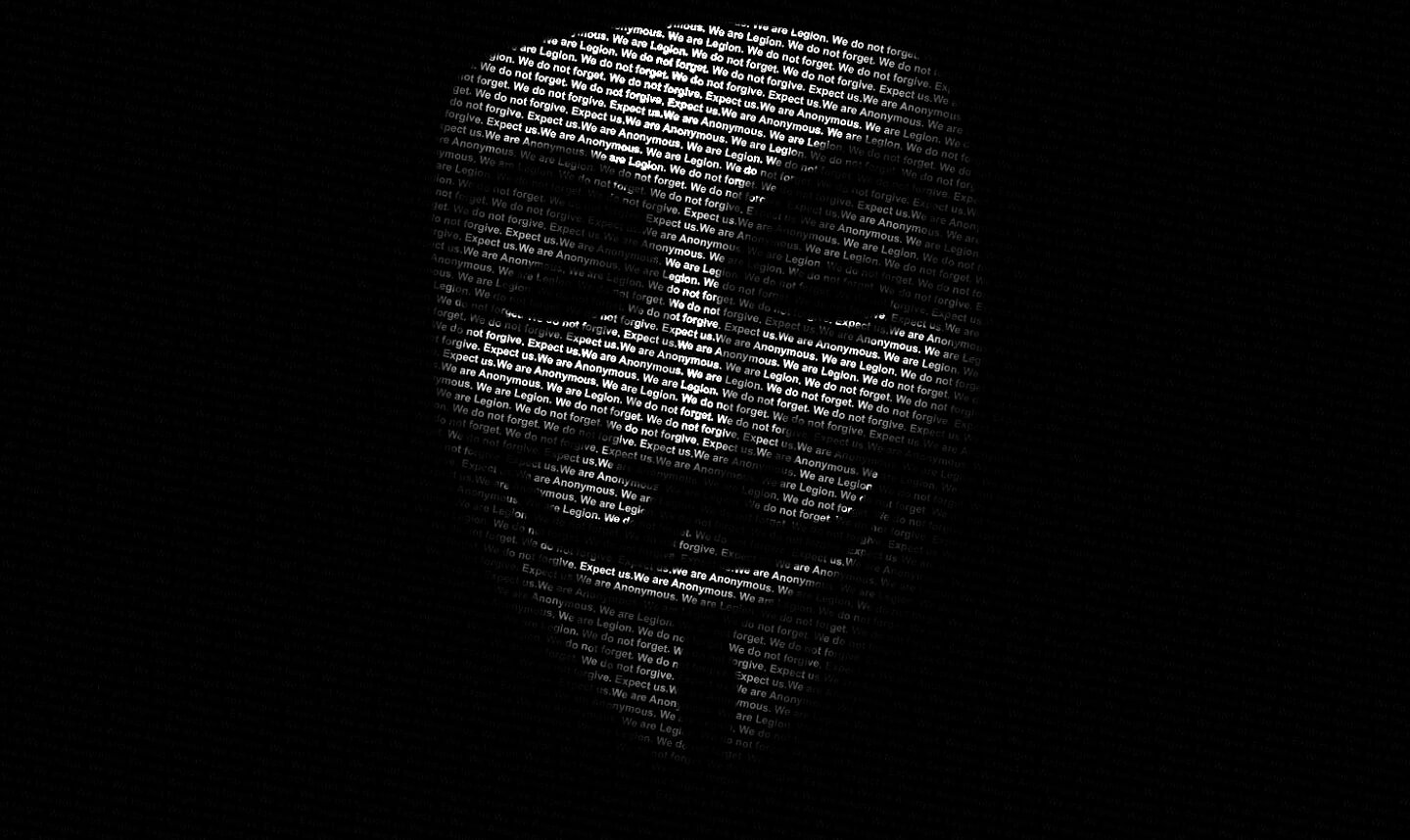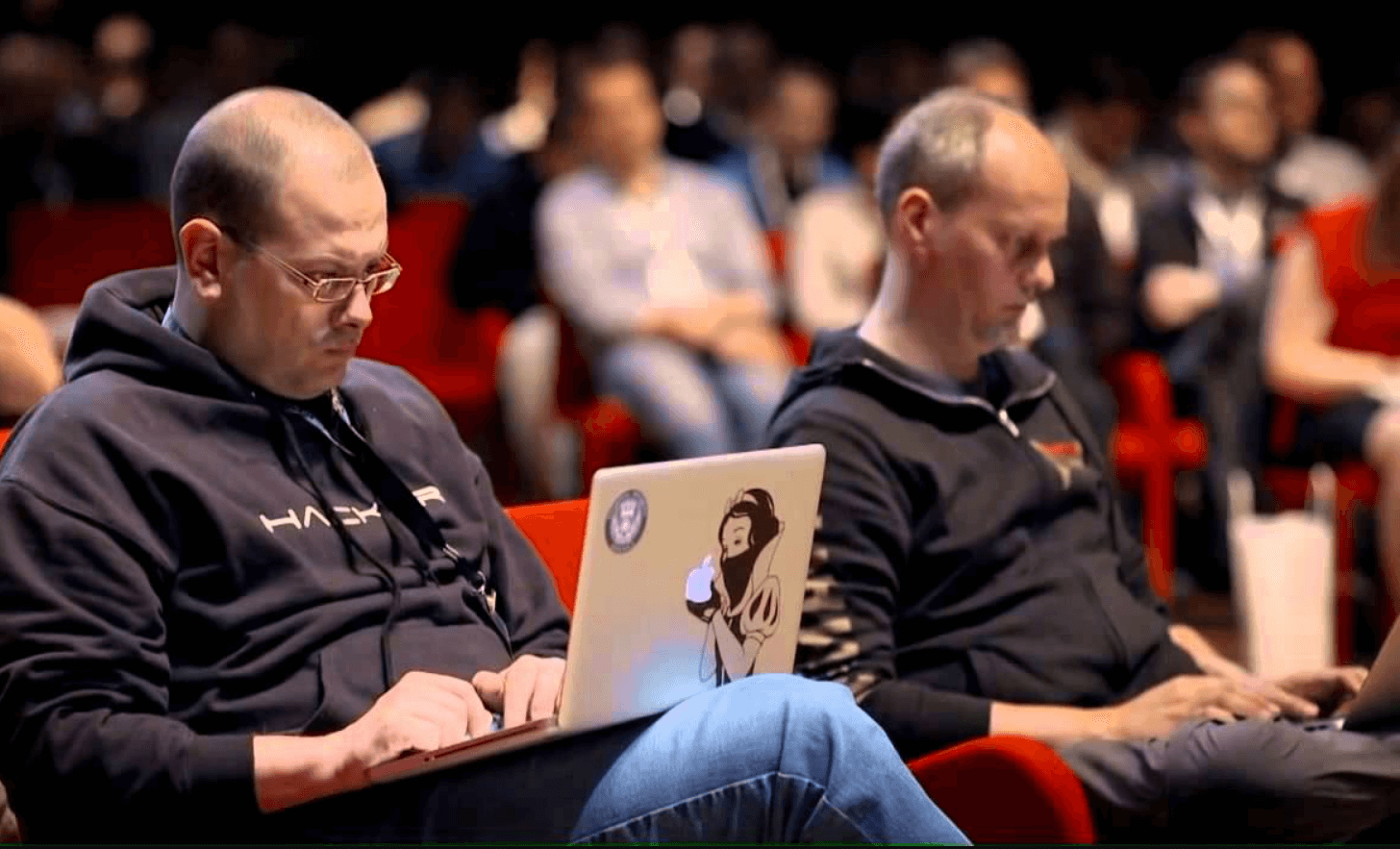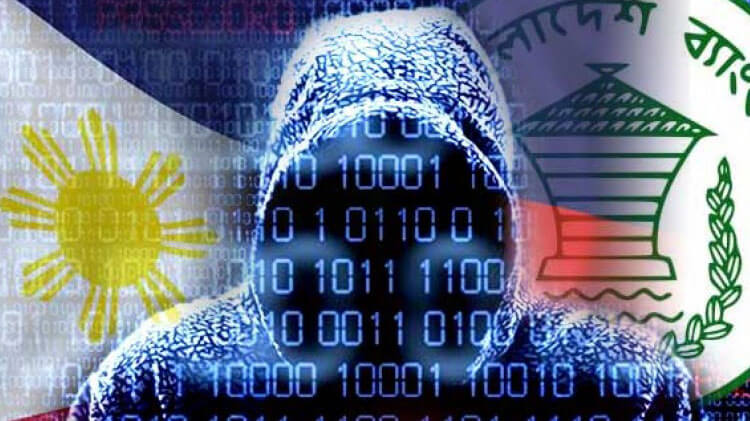description:
In recent years, the radical online community known as Anonymous has been associated with attacks or “raids” on hundreds of targets. Angered by issues as diverse as copyright abuse and police brutality, they’ve taken on child pornographers, the Bay Area Rapid Transit system and even forced a standoff with Mexican drug cartels. They’ve hit corporate targets like Sony, cyber-security firms like HBGary Federal and would-be web controllers like the Church of Scientology.
They shut down Mastercard, Visa and Paypal after those groups froze financial transactions to Wikileaks. Along with other hacktivist groups like Telecomix, they’ve launched cyber attacks against foreign governments in support of the Arab Spring. They served as tech support for the Occupy movement and have put their mark on countless uprisings around the world. One participant described their protests as “ultra coordinated motherfuckery.”
So who is Anonymous?
They’ve been called criminals, “hackers on steroids” and even terrorists. But the vast majority of those who identify as Anonymous don’t break the law. They see themselves as activists and protectors of free speech, and tend to rise up most powerfully when they perceive a threat to internet freedom or personal privacy. Whether you are a soccer mom or a member of Congress, you live in an electronic landscape that has exploded with largely unchecked intrusion and surveillance. You are tracked by government databases while corporate advertisers are looking to buy your personal data for pennies. In this landscape, the existence of the collective internet culture called Anonymous makes the case for anonymity.
Using tools of disruption and spectacle, they have also become the face of dissent for a variety of human rights and information freedom groups around the globe. They are a legion of loud but largely masked geeks, hackers, pranksters and outraged citizens who have unwittingly redefined civil disobedience for the digital age, and found themselves in the middle of one of the most important battles of our time.
WE ARE LEGION: The Story of the Hacktivists, takes us inside the complex culture and history of Anonymous. The film explores early hacktivist groups like Cult of the Dead Cow and Electronic Disturbance Theater, and then moves to Anonymous’ own raucous and unruly beginnings on the website 4Chan.
Through interviews with current members – some recently returned from prison, others still awaiting trial – as well as writers, academics and major players in various “raids,” WE ARE LEGION traces the collective’s breathtaking evolution from merry pranksters to a full-blown, global movement, one armed with new weapons of civil disobedience for an online world.










